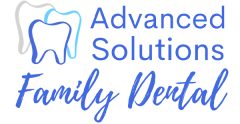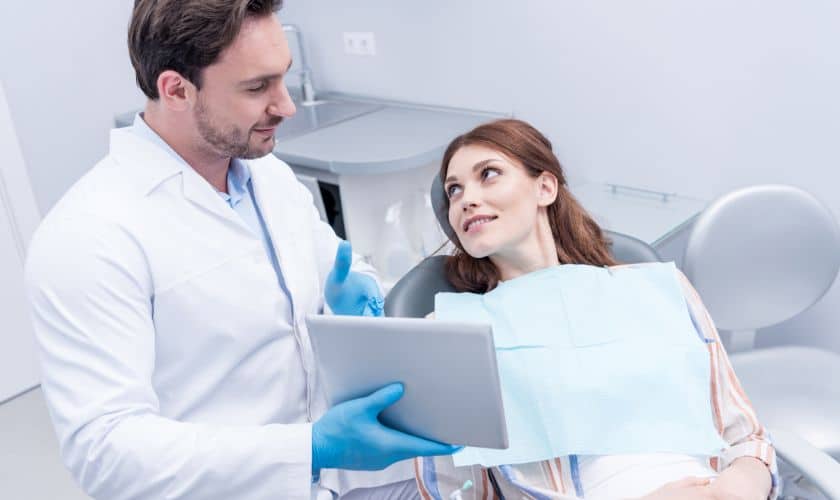Have you ever had a mouth sore that just wouldn’t go away? Or maybe you’ve noticed a change in your voice or a lump in your neck. These could all be signs of oral cancer.
While it’s not the most common type of cancer, oral cancer is on the rise. In fact, the American Cancer Society estimates that there will be 53,000 new cases of oral cancer diagnosed in 2019 alone.
The good news is that oral cancer is highly treatable when caught early. That’s why it’s so important to get regular screenings, even if you don’t have any symptoms.
In this blog post, we’ll explain why you should get screened for oral cancer, how the screening process works, and answer some frequently asked questions.
By the end, you’ll know everything you need to make an informed decision about whether or not to get screened. Let’s get started!
Why You Should Get Screened for Oral Cancer
If you’ve never had an oral cancer screening before, you might be wondering what it is and why it’s important.
An oral cancer screening is a quick and painless exam of your mouth, throat, tongue, and lips. It’s usually done during a routine dental visit.
The purpose of the exam is to look for signs of oral cancer, such as sores that won’t heal, discolored patches or lesions on the gums or tongue, and changes in your voice.
If any suspicious areas are detected during the exam, further tests will be done to determine whether they’re malignant (cancerous) or benign (non-cancerous).
Getting screened for oral cancer is important because early detection can mean a better chance of successful treatment. Many of the signs don’t appear until the disease has advanced to later stages. That’s why it’s so important to get screened regularly, even if you feel healthy.
How Does Oral Cancer Screening Work?
Oral cancer screenings are done during a routine dental visit. The dentist will examine your mouth and look for any signs or symptoms of oral cancer.
They’ll also do a visual exam, looking at your lips, tongue, gums, cheeks, and throat for any discolorations or irregularities. They may also use special tools to inspect the area further.
If anything looks suspicious during the exam, further tests may be needed to determine if it’s malignant (cancerous) or benign (non-cancerous). This could include a biopsy or an imaging scan such as an X-ray or MRI.
FAQs
1. Who should get screened?
Anyone over the age of 18 should get screened for oral cancer. It’s especially important if you have any risk factors, such as smoking or drinking alcohol in excess.
2. How often should I get screened?
It’s recommended that you get an oral cancer screening at least once every three years, but more frequent screenings are encouraged if you have any risk factors for the disease.
3. Is there anything I can do to reduce my risk of getting oral cancer?
Yes! Quitting smoking and avoiding excessive consumption of alcohol are two of the best things you can do to reduce your risk of developing oral cancer. Additionally, eating a balanced diet full of fruits and vegetables, avoiding UV radiation exposure, and practicing good oral hygiene are all important steps you can take to reduce your risk.
Conclusion
Oral cancer is a serious disease that affects thousands of people each year. Fortunately, it’s highly treatable when caught early. That’s why getting regular oral cancer screenings is so important, even if you don’t have any symptoms.
By understanding what an oral cancer screening entails and how it works, you can make an informed decision about whether or not to get screened. Don’t put off getting checked — early detection could save your life!

